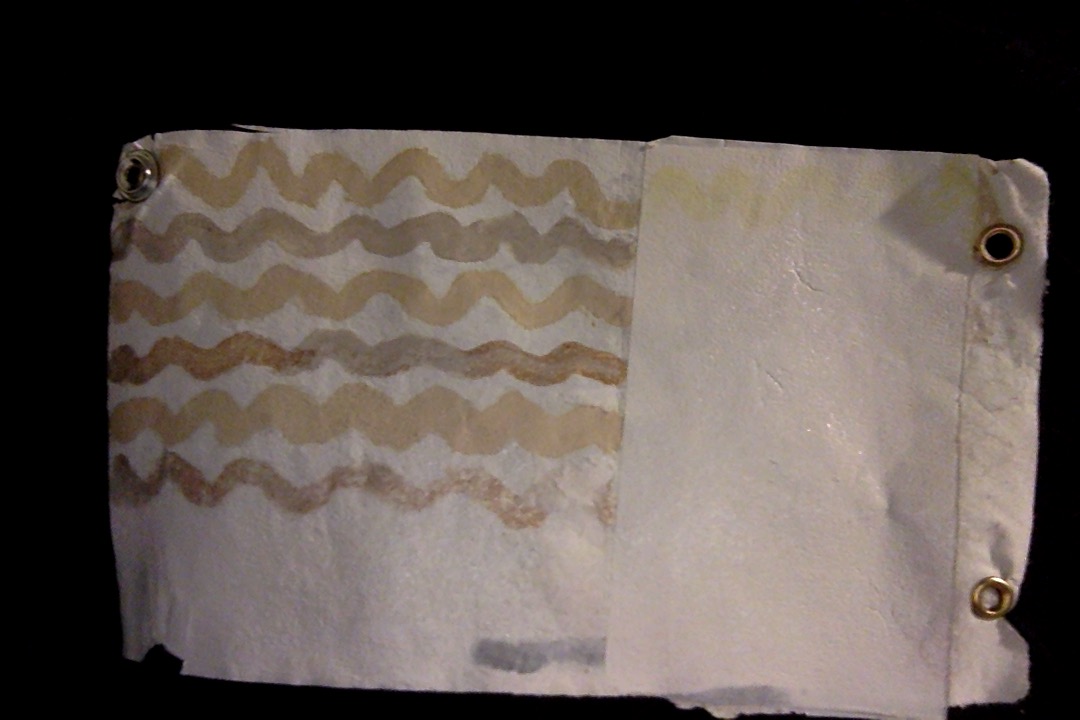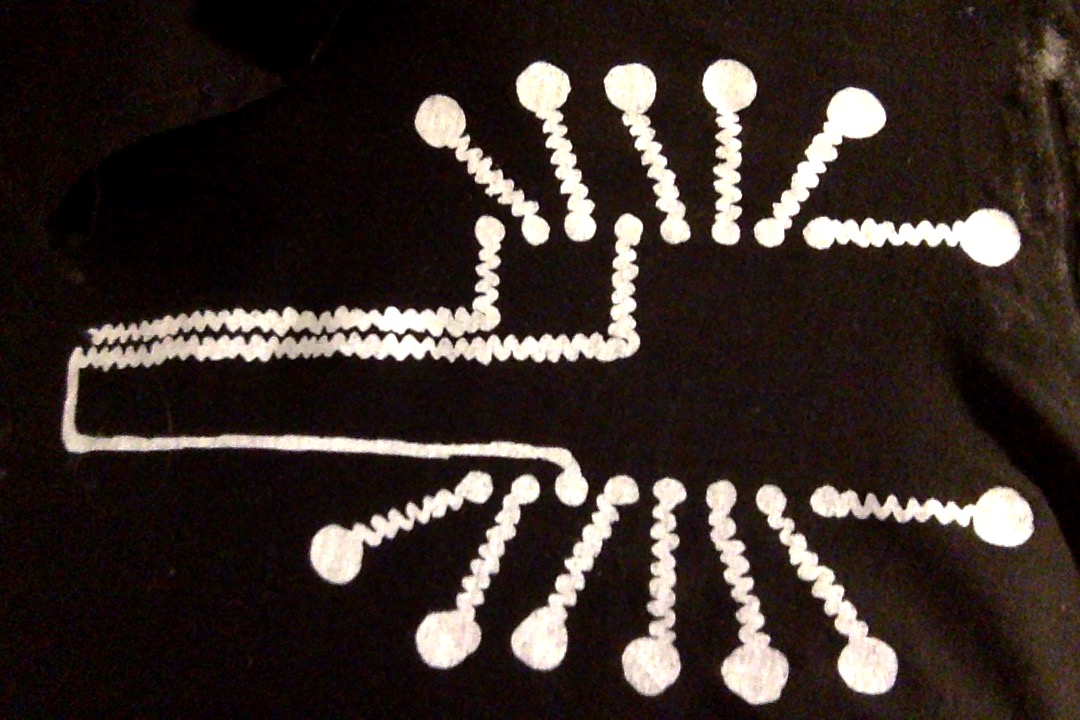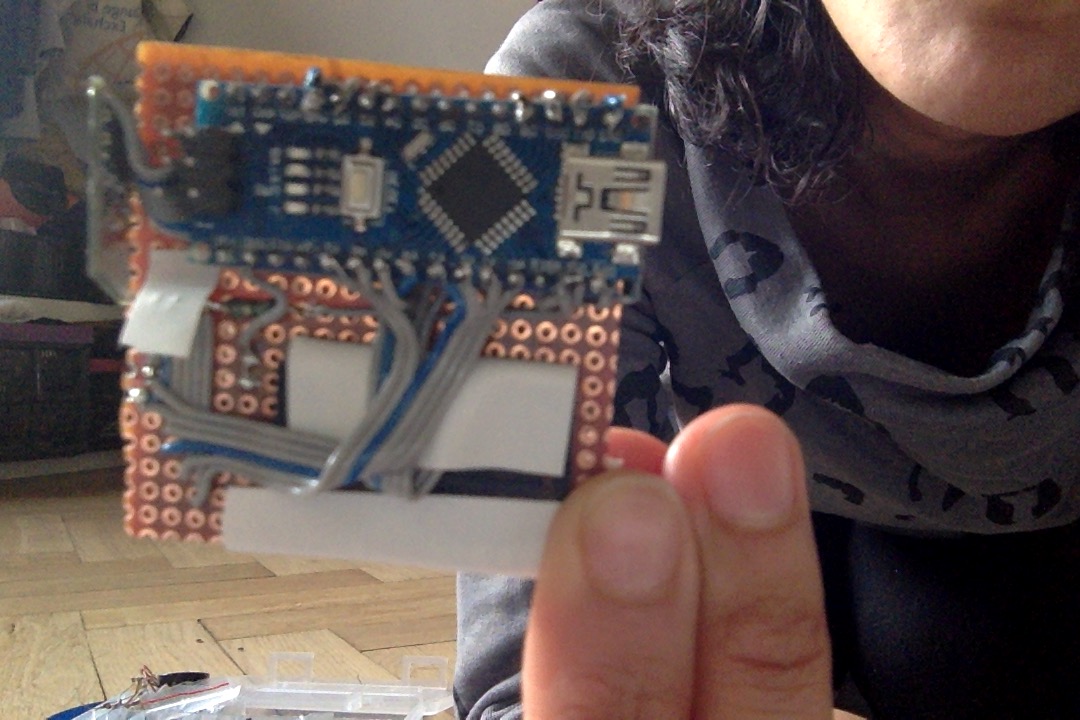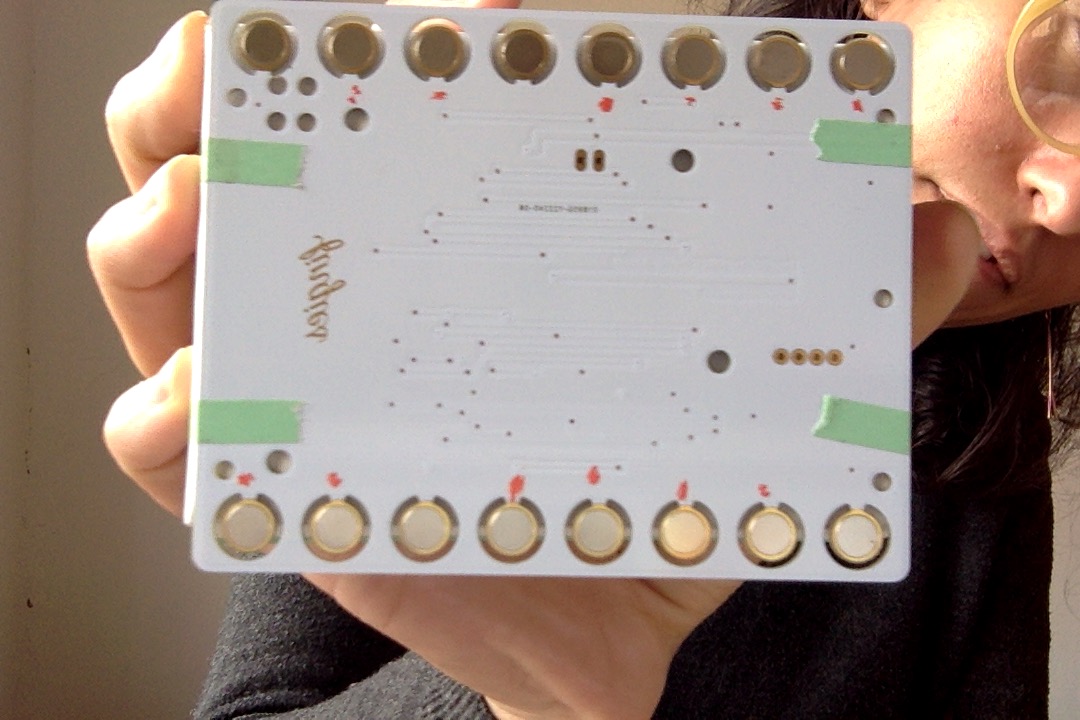




Aline Martinez obtained her BA in Fashion Design from the State University of Londrina (UEL), Brazil. After working for a famous Fashion Haute Couture business and as a producer for a major publishig house in Brazil she moved on to new challenges. She received a DAAD scholarship to attend a MFA in Media, Art &Design at the Bauhaus Universität Weimar, Germany. She is currently working with e-textiles and technology in the field of new media arts.
DOCUMENTATIONS OF FAILED PROJECT
www.thethingsofaline1.tumblr.com
https://vimeo.com/191502360
https://vimeo.com/192772979
OTHERS
www.vimeo.com/alinema
https://www.uni-weimar.de/projekte/costumes-and-sensors/category/ha/
https://vimeo.com/184674969
YOUR FAILED PROJECT
The project was developed for the Interface Design course during the MFA. in Media Arts and Design at the Bauhaus University.
No.
With a background in Fashion Design, I wanted to test the limits of the textiles in combination with electronics, which was something new that I was learning.
My goal was to develop a streetwear MIDI board T-shirt. The main goal is that one can wear it as regular t-shirt but activates it whenever attaches the hardware part to the t-shirt through magnetic connection.
technical failure
The ink on the t-shirt is very responsive, however, the hardware box was placed in the chest and it was too heavy to hold in the t-shirt. The consequence is that in a live performance made during the exhibition organized by the University (Summaery 2016), the t-shirt failed big time. Whenever I made some movement, the hardware box would disconnect from the t-shirt. Also, the design of the pattern wasn’t helping because it was small.
I worked harder to get the prototype to the second level. The pattern was changed and the hardware shrinked, but now using buttons instead of magnets.
Positively, it was good to iterate, understanding the strengths, weakness and the level of reliability of the prototype.
ON E-TEXTILES
I have a strong connection with textiles since a child. At the age of 10 I could embroider, tricot and make crochet. Such connection lead me to study fashion design. Now, I mainly make art out of textiles and part of this learning curve/fun is to play with electronics.
Considering the clothes as the human second skin, the textile is the material that are always in contact with the human body. When it come to capture human data, it is the material less obtrusive to the body. I believe that textiles can support advances in health care and sport performance enhancement.
Electronic features should be seamlessly integrated to the textile surface instead of being attached to it.
